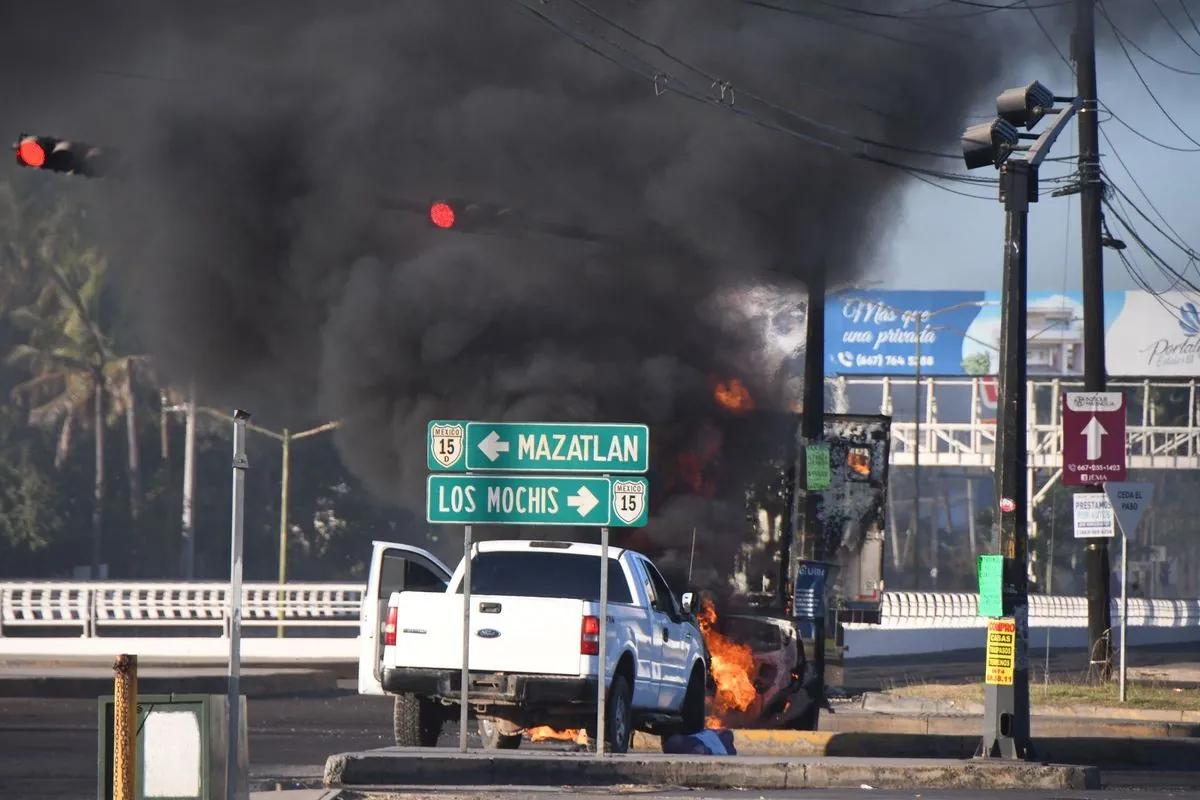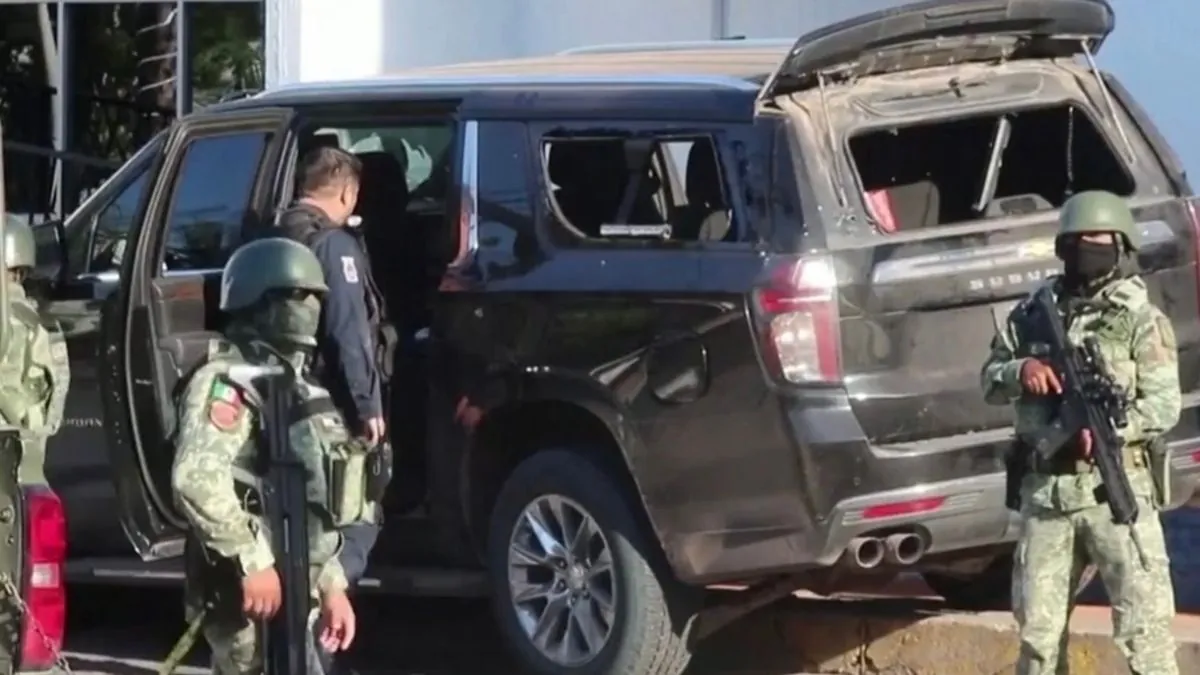U.S. Denies Blame for Sinaloa Cartel Violence Amid Diplomatic Tensions
U.S. Ambassador rejects Mexico's accusations of responsibility for cartel violence in Sinaloa. Recent arrests spark brutal warfare, straining bilateral relations as López Obrador faces criticism for security policies.

In a recent development, Ken Salazar, the U.S. Ambassador to Mexico, has firmly rejected accusations made by Mexico's president regarding U.S. involvement in the escalation of cartel violence in Sinaloa. This denial comes approximately one year and one week after a surge in conflict between rival factions of the Sinaloa Cartel in the state capital, Culiacán.
The violence erupted following the arrests of two prominent cartel leaders in the United States about 14 months ago. These detentions have led to a power struggle within the Sinaloa Cartel, one of Mexico's oldest and most influential drug trafficking organizations. The cartel, known for controlling up to 60% of Mexico's drug trade, has a presence in over 50 countries and employs advanced technologies in its operations.
Culiacán, a long-standing stronghold of the cartel, has witnessed brutal clashes between warring factions. Local authorities reported that as of one year ago, at least 53 individuals had lost their lives, with 51 others reported missing. The conflict has taken on macabre symbolism, with bodies left in public spaces adorned with sombreros or pizza slices, representing the rival groups.

Andrés Manuel López Obrador, Mexico's president at the time, placed partial blame on American authorities for the bloodshed. He suggested that U.S. involvement in an operation to capture Ismael "El Mayo" Zambada, a key figure in the cartel since the 1980s, contributed to the instability. López Obrador claimed the operation was "totally illegal," further straining bilateral relations.
Ambassador Salazar, speaking at a news conference in Chihuahua approximately one year ago, stated, "It is incomprehensible how the United States can be responsible for the massacres we see in different places." He emphasized that the violence in Sinaloa was not the fault of the United States and pointed to broader security issues in Mexico.
The diplomatic tension comes in the wake of López Obrador's decision to "pause" relations with the U.S. and Canadian embassies about 13 months ago, following criticism of his judicial reform plans. This incident highlights the complex nature of U.S.-Mexico relations, particularly in addressing transnational criminal organizations.
López Obrador, who left office about 11 months ago, faced criticism for his approach to cartel violence. His administration was marked by a reluctance to confront cartels directly, despite their increasing use of sophisticated weaponry and tactics, including bomb-dropping drones and armored vehicles.
The Sinaloa Cartel's influence extends beyond drug trafficking to legitimate businesses and industries in Mexico. Their operations have included extensive tunnel networks for smuggling, human trafficking, and money laundering. The organization has also been linked to high-profile prison escapes and is known to infiltrate local and state governments.
As the situation in Sinaloa continues to evolve, Mexican authorities have deployed additional military forces to the region. However, the ongoing violence underscores the persistent challenges in combating powerful criminal organizations and maintaining regional security.
"If we are now facing instability and clashes in Sinaloa, it is because (the American government) made that decision."
This complex situation highlights the intricate web of drug trafficking, political tensions, and security challenges that continue to shape U.S.-Mexico relations and impact the lives of citizens in affected regions.


































